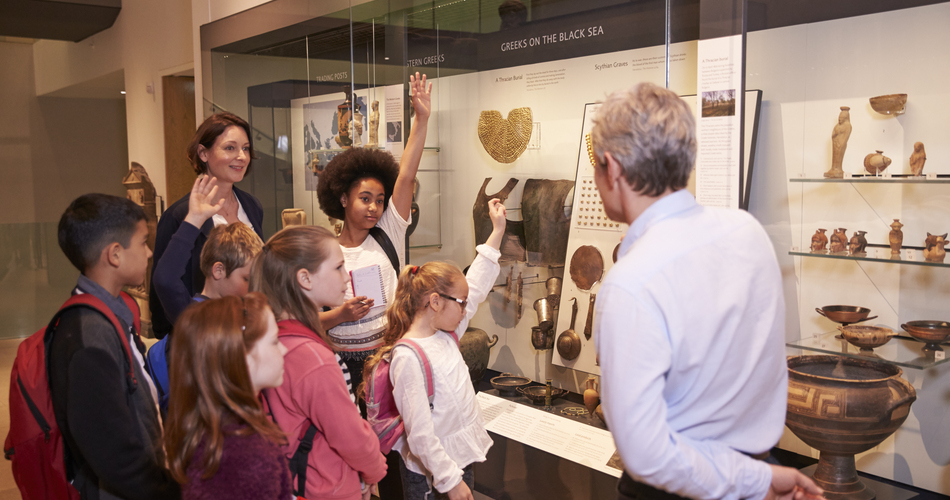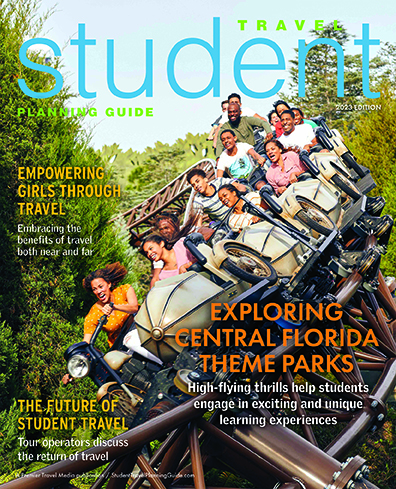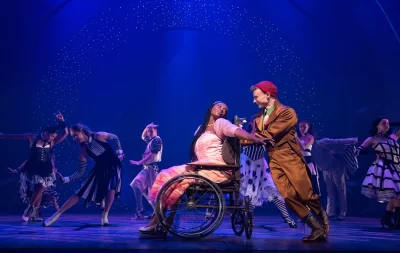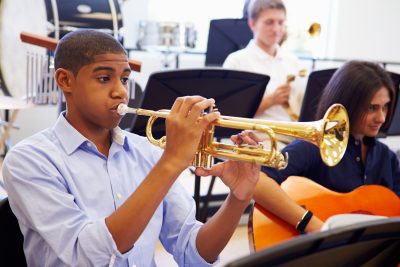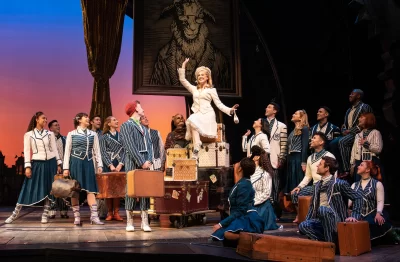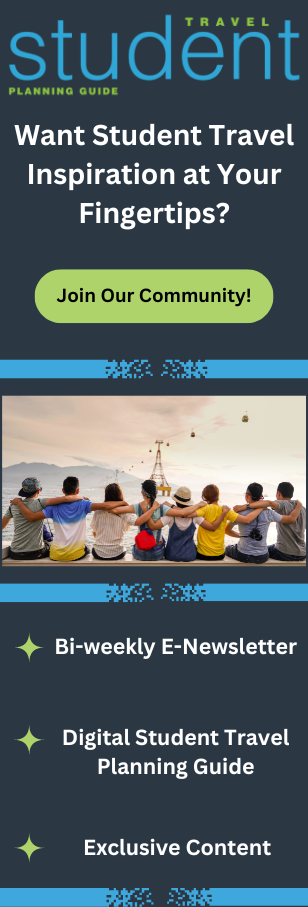Here’s how to make the most of the field trip experience before, during and after the big day
By Courtney Lind
Educators, parents and students alike can agree: Field trips present invaluable opportunities for students to learn beyond the confines of the classroom. Putting the concepts of physics into practice at a science museum, viewing the events of history through reenactments at some of our country’s famous historical sites, or experiencing the works of the world’s most famous artists at incredible museums… the list goes on, and the possibilities are nearly endless when it comes to field trips.
The success of a field trip largely depends on how well it is planned and integrated into the curriculum. To ensure that field trips are not just fun outings (important as that may be) but also rich educational experiences, we’ve put together some field trip tips to help teachers prepare effectively and make the most out of the experience once students are back in the classroom.
TIPS FOR BEFORE A FIELD TRIP
A little planning can go a long way to making sure that the field trip isn’t a standalone day. We want the learning and experiences to stick with students for years to come.
Do Your Research: Before the trip, provide students with relevant background information about the destination, historical context or scientific concepts. This is your chance to get them excited about their field trip and the time they’ll spend outside the classroom. The more students know about their destination in advance, the more you can leverage that anticipation and turn it into active participation.
Set Clear Learning Objectives: Determine specific learning objectives aligned with the curriculum. What do you want students to take away from the field trip? What concepts have they covered in the classroom that they may encounter while out in the field? Are there any post-field trip activities where you may want to call back to their field trip experience? Clearly outline the knowledge and skills students will ideally gain from the experience and bring this with you on the trip to refer to as needed.
Pre-Trip Activities: Get students excited for their upcoming trip with pre-trip activities. These are designed to pique their interest and activate prior knowledge, while giving a sneak peek into what they can expect during their trip. This can include discussions, worksheets or short assignments related to the upcoming excursion. Be sure to check with your host or venue to see if they offer any pre-trip materials.
Safety and Logistics: Make time to go through important expectations and safety procedures with your students before the day of the trip and remind them again on the day of departure. Knowing critical logistics such as departure times, rules and emergency protocols will put everyone at ease. A well-informed group is more likely to remain focused and engaged throughout the trip.
FIELD TRIP TIPS WHILE TRAVELING
During the field trip itself, teachers play a crucial role in guiding students’ learning and fostering a positive experience. Whether you’re planning a self-guided trip or taking part in a more programmed experience, these tips will keep everyone on track.
Be an Engaging Facilitator: Actively participate in the trip, engaging students in discussions, asking thought-provoking questions and encouraging them to make connections with their prior knowledge. Call on your students’ strengths and guide them to understand links to what they’ve seen in the classroom.
Hands-On Learning: Encourage students to interact directly with exhibits, artifacts and the environment. You’re on a field trip, after all. This engaging style of learning promotes and reinforces key concepts that can then be taken back to the classroom. Students who fully engage their senses are more likely to retain what they’ve learned on the field trip — a win for everyone.
Take Notes and Pictures: Have students take notes or pictures during the trip. These activities can help students stay focused and will serve as useful references when discussing the experience back in the classroom. Have them bring along a favorite notebook or even incorporate a special ‘field trip journal making’ into your pre-trip activities.
Adapt to Unexpected Teachable Moments: Be flexible to seize unexpected teachable moments that may arise during the trip. It’s hard to control every variable when you’re out of the classroom in a new environment, and that’s okay. These spontaneous learning opportunities can be some of the most memorable and impactful for young minds.
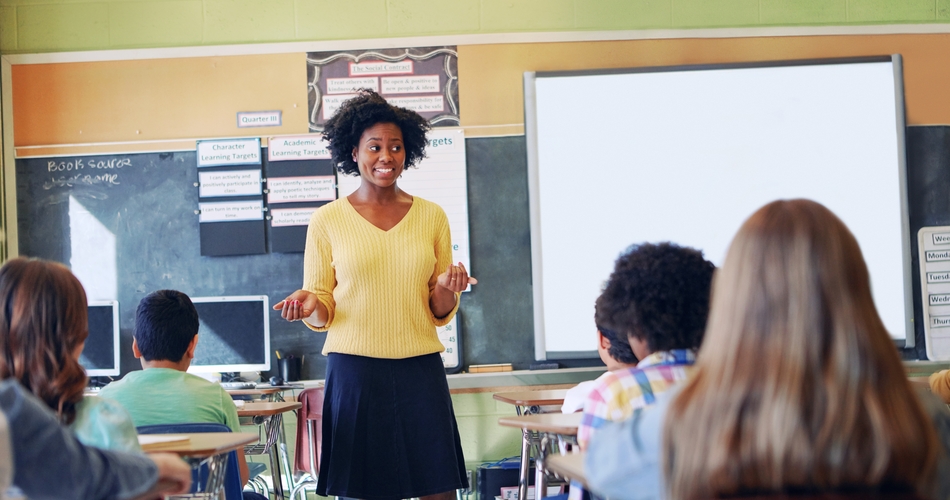
The best field trips start in the classroom with research, goal-setting and pre-trip activities. Photo courtesy Shutterstock images
MAKE THE MOST OF YOUR FIELD TRIP AFTERWARDS
The learning doesn’t end when the buses pull away. After all the hard work you’ve put into planning a field trip, you want to ensure the key concepts and takeaways from the day make their way back to the classroom (along with all the fun and memories).
Group Discussions: After the trip, hold group discussions to encourage students to share their experiences, insights and observations. As we’ve noted before, many field trip venues offer free materials to teachers to help guide discussions based on what students have experienced. Be sure to check if this is available or design your own discussion question to align with your desired learning outcomes.
Assign Reflection Tasks: Reflective writing tasks or projects encourage students to articulate what they learned, how the experience impacted them and how it connects to their studies. This is a great complement to group discussions as it allows everyone to reflect on the field trip in their own way. If you had students utilize notebooks during the field trip, this could be a perfect time to pull those out and continue writing.
Connect With Classroom Learning: Repetition can be a key to success, so try to integrate the field trip experience into subsequent lessons. Draw connections between the trip and the curriculum, reinforcing the new knowledge gained during the outing. Have students recall what they learned or did during the field trip, and how they have seen this at play in the classroom, or vice versa.
Evaluate Learning Outcomes: Assess students’ understanding of the trip’s objectives and the effectiveness of the experience. What reactions did you pick up from students before, during and after the field trip? Were students engaged and able to draw connections between classroom and field trip learning? This evaluation can inform future field trips and educational strategies. Depending on the age group, you can even incorporate feedback into the reflective exercises so that students can provide their thoughts and feelings on the experience.
Field trips can be powerful educational tools when properly planned and thoughtfully integrated into the curriculum. By setting clear objectives, preparing students beforehand, actively participating during the trip and following up with appropriate post-trip activities, teachers can ensure that these experiences leave a lasting impact on their students.
TOP PHOTO: Encourage and facilitate questions during your field trip, allowing enough time for thoughtful answers and thorough discussions. Photo courtesy Shutterstock images
There are still plenty of field trip ideas to read about in Student Travel Planning Guide, along with information for faculty to help plan student travel. Be sure to Subscribe to Student Travel Planning Guide magazine for FREE to learn more.

